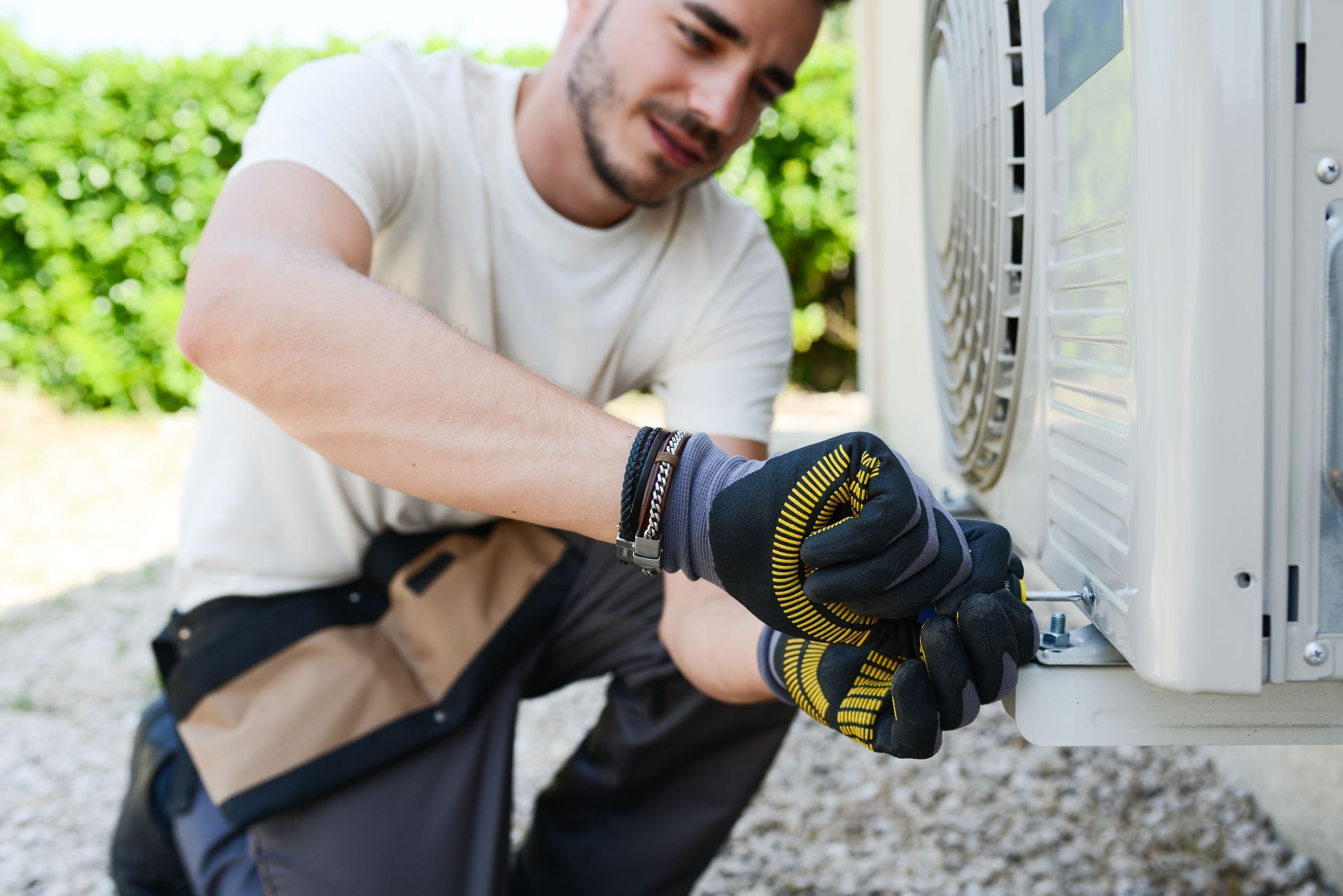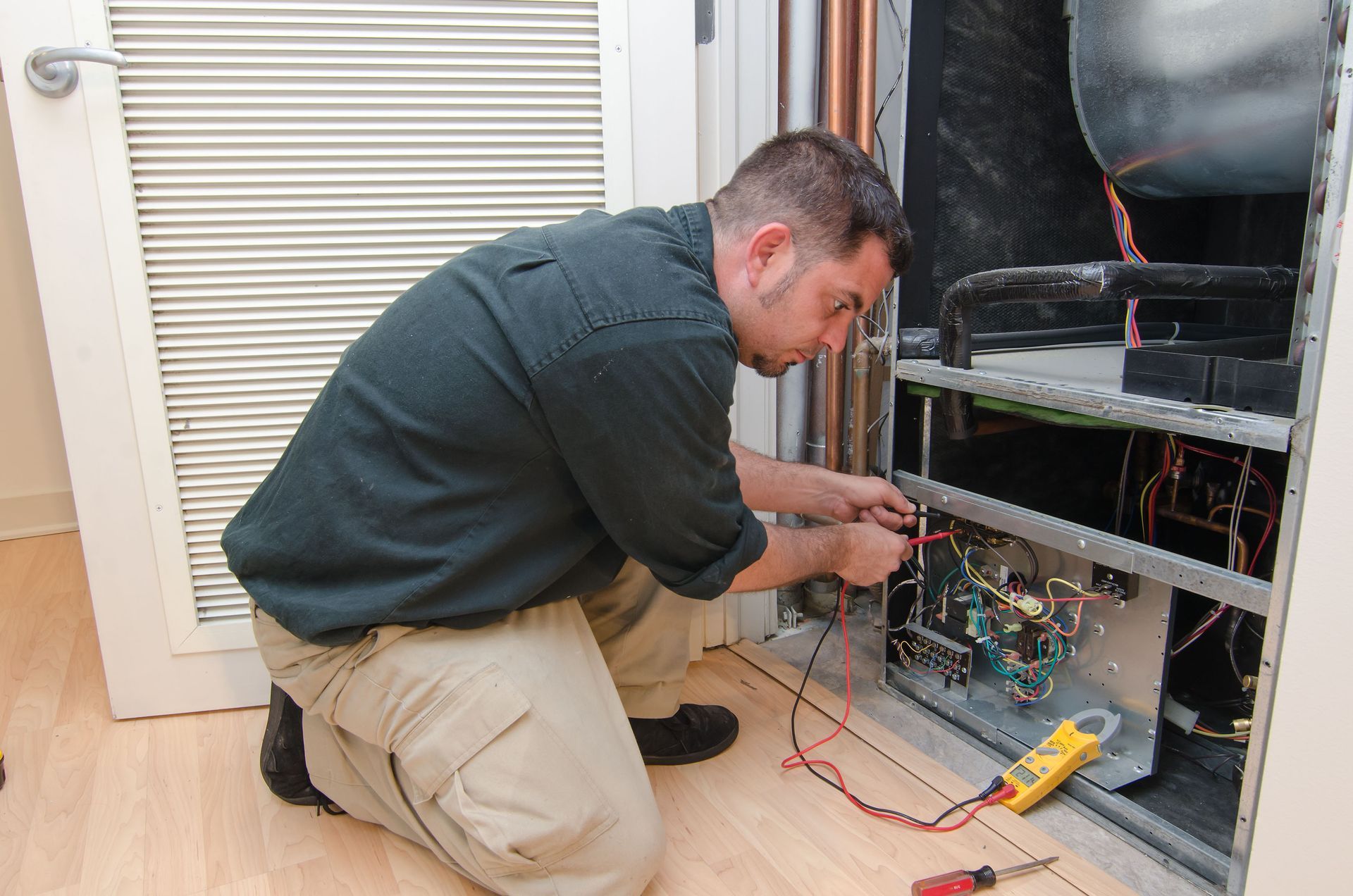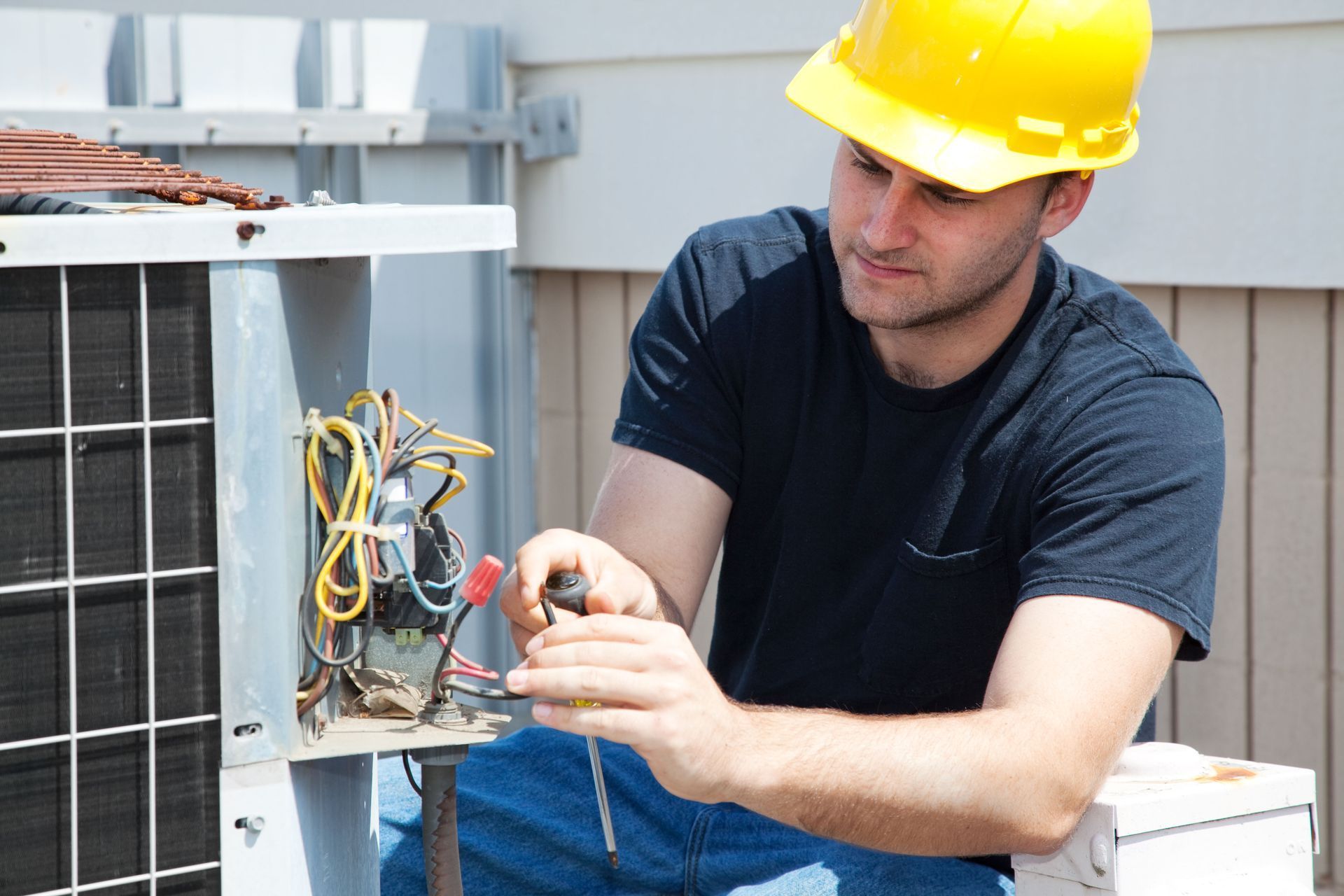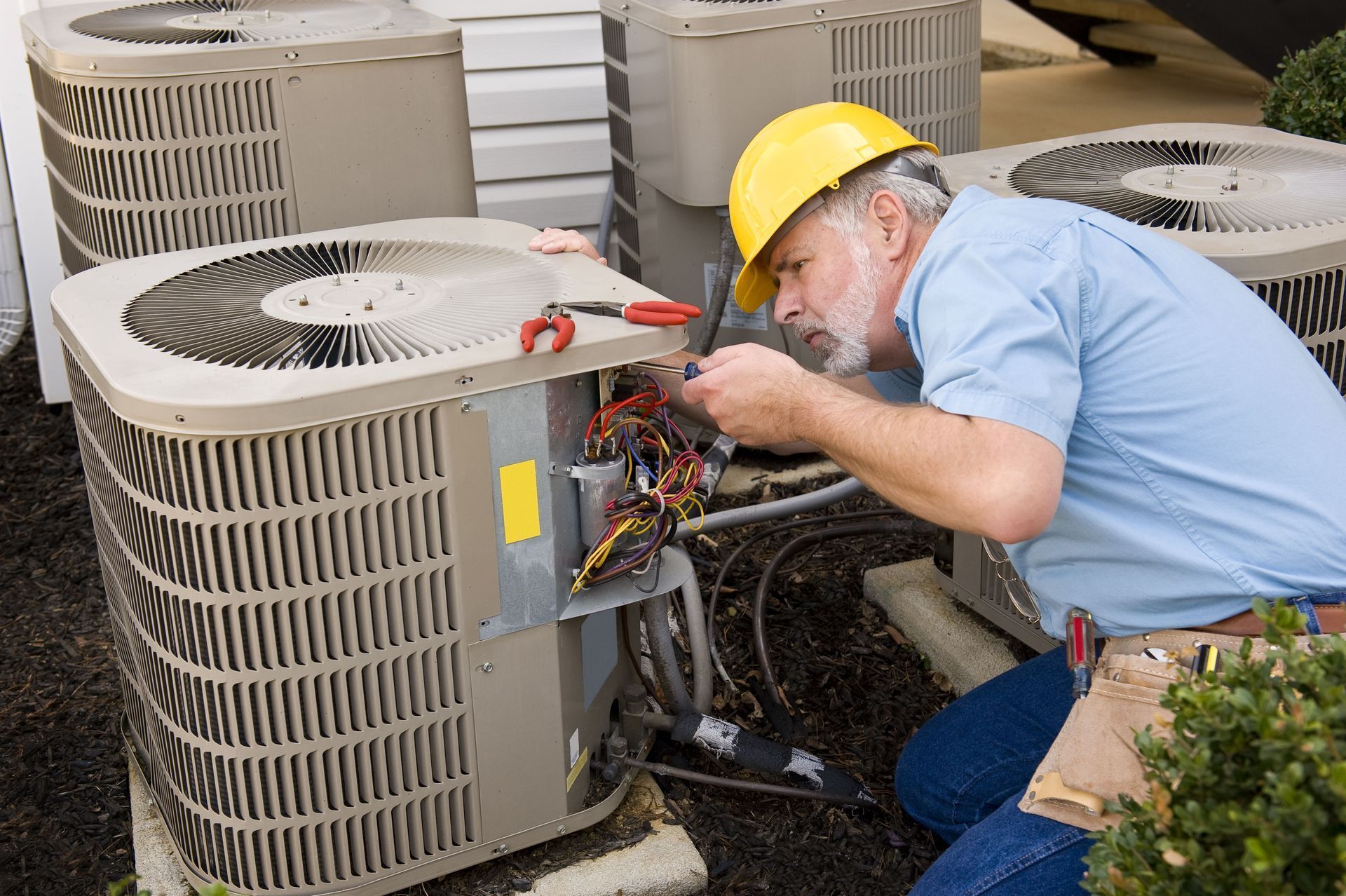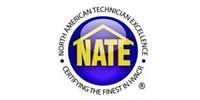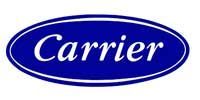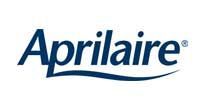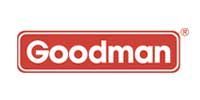September 15, 2025
In this article, we will explore the common symptoms and scenarios that indicate the need for professional HVAC repairs. Understanding these signs can help homeowners maintain efficient and reliable heating and cooling systems. This is crucial because efficient systems reduce energy consumption and prolong the lifespan of HVAC units.
Recognizing Unusual Noises
HVAC systems, like most mechanical systems, inevitably produce some noise while operating. However, discerning between normal and unusual noises can be vital for early detection of potential issues. Common HVAC noises include banging, whistling, and rattling sounds, each indicating different underlying problems. For instance, banging could mean loose components, while whistling often suggests airflow obstructions. Recognizing these noises early can help mitigate further damage to the system.
Understanding the causes behind unusual HVAC noises is key to determining the right course of action. Noises may result from parts wearing out or being improperly installed. Each sound can signal a different mechanical issue, such as a failing motor or an unbalanced blower. When noises persist despite at-home inspections or maintenance, it’s a clear sign that expert evaluation is necessary. This awareness can prevent more significant problems that require expensive repairs or replacements.
While some noises may appear concerning, not all indicate severe problems. Homeowners should assess temporary solutions like tightening loose screws or changing air filters. However, if noises persist or worsen, it's advisable to call a professional technician. Unusual noises often accompany other issues like fluctuating temperatures or increased energy bills. Preventive measures such as regular inspections and maintenance can minimize the occurrence of these noises.
Observing Inefficient Heating or Cooling
Inefficient heating or cooling is a common symptom that suggests your HVAC system requires professional attention. An immediate sign of this inefficiency is uneven temperature distribution throughout the home. Some rooms might be too hot or too cold, indicating issues with the thermostat or the way airflow is being managed. Blower components play a critical role in ensuring even distribution, and any malfunction can disrupt this balance. Addressing these inefficiencies can save money on energy costs and improve home comfort.
Blower components significantly influence the operational efficiency of HVAC systems. Malfunctions can lead to insufficient airflow or overheating, reducing overall system performance. Identifying blower component issues requires an understanding of their functioning and regular inspections. Professionals are equipped to handle these complex assessments effectively. Ignoring blower issues can lead to compromised system efficiency, potentially culminating in a costly furnace replacement, an expense that averages $4,700 according to Forbes.
The correct functioning of thermostats is crucial for efficient heating and cooling. Problems with the thermostat can often cause persistent inefficiencies in temperature regulation. Moreover, poor installation or calibration issues could also be responsible. Regular maintenance checks can prevent long-term impacts and the associated increased energy costs. If you notice your energy bills escalating without explanation, evaluating thermostat performance might be necessary, alongside a professional HVAC audit.
Spotting Leaks and Moisture Accumulation
Spotting any leaks or moisture accumulation around your HVAC system is a concerning sign that should not be overlooked. Various types of leaks, from refrigerant leaks to water leaks, can affect HVAC performance and lead to serious problems. Identifying these different types requires a keen eye for moisture or pooling water around the unit. Not only do leaks reduce system efficiency, but they can also lead to structural damage if water seeps into floors or walls. Professional evaluation of leaks helps in addressing the root cause and avoiding costly repairs.
Moisture accumulation around HVAC units can have multiple causes. It might be due to a clogged drain line, full condensation pan, or a refrigerant leak. Each scenario presents unique challenges and risks, such as water damage or decreased air quality inside the home. By recognizing these issues early and seeking expert help, homeowners can prevent further damage and prolong the lifespan of their systems. Moreover, timely intervention can prevent the need for more expensive repairs, such as those associated with replacing parts of the home’s structure.
Unaddressed water damage resulting from leaks has serious consequences, including mold growth and structural impairment. When leak signs are ignored, accumulation can worsen, leading to significant damage and health hazards. Differentiating between simple leaks and major problems is crucial for effective maintenance. Regular checks by professionals can ensure small issues are rectified before escalating into substantial and expensive repairs. Waiting too long increases the risk of needing replacements, such as a costly $4,700 furnace replacement as noted by Forbes.
Addressing Electrical and Wiring Issues
Electrical malfunctions and wiring issues in HVAC systems require immediate attention. Common indicators of electrical issues include frequent circuit breaker trips or visible wiring damage. Identifying these malfunctions early prevents more severe system failures. Wiring inspections can reveal issues like frayed wires or loose connections, which are potential fire hazards. Regular electrical inspections by qualified technicians are essential for safety and system longevity.
The importance of wiring inspections cannot be overstated. Inspections can reveal hidden issues that are not immediately visible to the untrained eye. Loose or exposed wires can lead to short circuits or overheating problems, putting the entire HVAC system at risk. For safety reasons and optimal performance, regular inspections should be a staple part of HVAC maintenance. Ignoring these issues may lead to severe damage, increasing the likelihood of costly repairs or complete system overhauls.
Performing DIY repairs on electrical components of the HVAC system is highly discouraged. Any attempt to fix wiring issues without the requisite skills can lead to further damage or even hazardous situations like electrical fires. The risks are not worth the savings one might perceive from avoiding professional costs.
Understanding Unusual Smells
Strange odors emanating from an HVAC system are unmistakable indicators of underlying issues. Common causes of unusual smells include mold or mildew growth, burnt wires, or gas leaks. It's vital to distinguish between odors that are benign and those that could signify serious problems. For instance, musty odors are often linked to mold, while burning smells can indicate electrical issues. Understanding these distinctions helps homeowners respond appropriately, safeguarding health and safety.
Recognizing harmful odors can prevent potential health risks. Some odors could be merely unpleasant, while others signal hazardous conditions like carbon monoxide leaks. It’s critical to monitor HVAC odors closely and take prompt action where necessary. Professional HVAC technicians can conduct comprehensive inspections to identify the source of these odors. Proper air filtration and regular maintenance are preventive measures that can minimize or eliminate these olfactory issues.
Noticing Increasing Energy Bills
Rising energy bills often correlate with declining HVAC performance, indicating a need for professional inspection. Identifying inefficient components and sources of energy waste can save considerable costs. Sometimes, the issue could be as simple as a failing blower or a malfunctioning thermostat. Proper diagnosis by a technician can help pinpoint inefficient components affecting energy consumption. Timely interventions can address inefficiencies, optimizing system performance and reducing energy costs.
The impact of HVAC system age on energy efficiency is significant. Older systems generally consume more power to deliver the same level of comfort as newer models. As systems age, they become less effective at heating or cooling, directly affecting energy consumption. According to HomeGuide, a properly installed HVAC unit can last 15 to 25 years with regular maintenance, highlighting the importance of upkeep in extending system life. Regular assessments and component upgrades can prolong system life and improve efficiency. Consulting professionals is the best way to assess whether a system needs repair, maintenance, or complete replacement.
Recognizing when to call a technician for HVAC repairs can save time, money, and ensure the longevity of your system. If you’re noticing any of these warning signs, don’t wait—reach out to the experts at Dependable Heating and Cooling. Our skilled technicians are ready to provide thorough inspections, reliable repairs, and routine maintenance to keep your system running smoothly and efficiently all year long.
